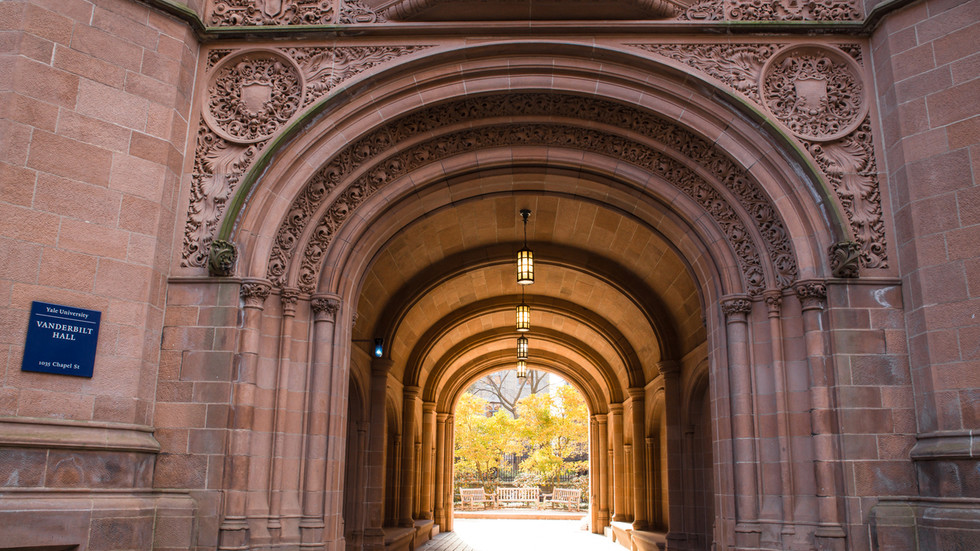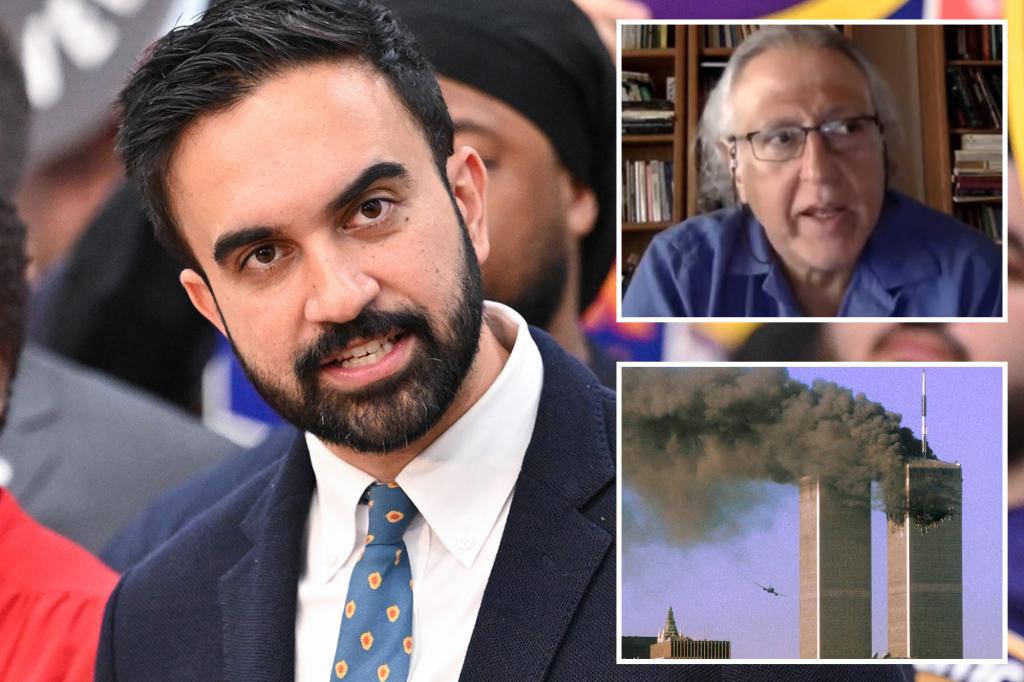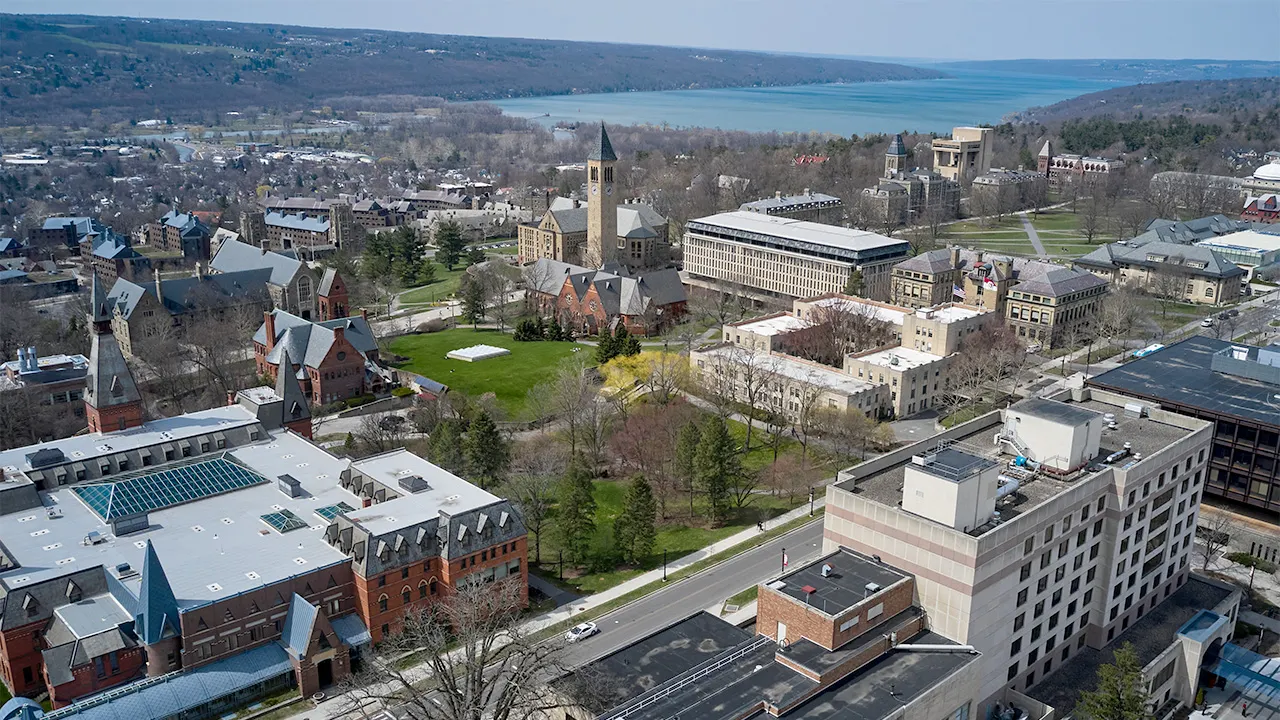As Thanksgiving draws near, a growing movement within American colleges is challenging long-held traditions surrounding the holiday. The effort to “decolonize” Thanksgiving is gaining momentum, encouraging students, faculty, and administrators to rethink the historical context of the holiday and its celebration. The initiative aims to address the complex legacy of colonialism, the displacement of Indigenous peoples, and the impact of these events on modern-day society. This shift in perspective, while controversial, offers an opportunity for deeper reflection on the narratives that shape American history and culture.
Understanding the Movement: What Does “Decolonizing” Thanksgiving Mean?
The term “decolonization” has gained significant attention in recent years, particularly in relation to the reassessment of historical events, symbols, and practices tied to colonialism. In the case of Thanksgiving, the movement seeks to challenge the mainstream narrative that portrays the holiday as a harmonious celebration of the peaceful first encounter between Pilgrims and Native Americans.
At its core, decolonizing Thanksgiving involves confronting uncomfortable truths about the history of settler colonialism and the ongoing marginalization of Indigenous communities. Advocates for decolonization argue that the traditional Thanksgiving story overlooks the violent and oppressive events that followed the Pilgrims’ arrival, including land dispossession, genocide, and the forced assimilation of Native peoples.
The Origin of the Movement
The push to decolonize Thanksgiving emerged alongside broader efforts to decolonize education, history, and public spaces. Over the past decade, scholars, activists, and Indigenous leaders have increasingly sought to reclaim Indigenous history and promote greater understanding of Native cultures. In the context of Thanksgiving, this means advocating for a more accurate portrayal of the events that took place in 1621 and beyond.
The Traditional Thanksgiving Narrative: A History of Misrepresentation
The popular narrative surrounding Thanksgiving presents the holiday as a celebration of cooperation between the Pilgrims and the Wampanoag people. According to this version of history, the Pilgrims, struggling to survive in their new land, received help from the Indigenous Wampanoag, who taught them how to cultivate crops and provided them with food. In return, the Pilgrims and the Wampanoag held a feast, giving rise to the annual Thanksgiving celebration.
While this version of events contains elements of truth, it is highly oversimplified and fails to capture the complex and often violent reality of early interactions between European settlers and Native populations. The peaceful image of the first Thanksgiving ignores the broader context of colonial violence, the spread of disease, and the dispossession of Indigenous lands that soon followed the Pilgrims’ arrival. This version of history, critics argue, contributes to the erasure of Indigenous voices and experiences from mainstream American narratives.
The Reality of Early Colonial Encounters
- Many Indigenous nations, including the Wampanoag, were initially open to forming alliances with the Pilgrims, seeing them as potential trade partners. However, as European settlers expanded their territory, they began encroaching on Indigenous land.
- In the years following the so-called “first Thanksgiving,” the relationship between Native Americans and European settlers became increasingly strained, marked by violence, broken treaties, and the spread of diseases such as smallpox, which decimated Indigenous populations.
- Colonial policies, including land theft, forced relocation, and cultural suppression, continued to undermine Indigenous ways of life for centuries.
Colleges Nationwide Embrace the Decolonization Movement
As awareness of the harmful impacts of colonialism has grown, many universities across the United States have begun to reevaluate their approach to Thanksgiving. The push to decolonize the holiday is being implemented in a variety of ways, from public lectures and panel discussions to alternative events that provide a platform for Indigenous voices.
At institutions like Harvard University, student groups have organized “Un-Thanksgiving” celebrations, where participants reflect on the history of colonialism and Indigenous displacement. Other colleges, such as The University of Chicago, have hosted events that explore the impacts of settler colonialism and promote dialogue between Native communities and the broader public.
Challenges and Controversies
Despite growing support for the decolonization movement, the push to reframe Thanksgiving remains a contentious issue. Many students, faculty, and even some Native American groups are resistant to the idea, arguing that Thanksgiving should be a time for gratitude and unity, not divisiveness.
Some critics view the decolonization of Thanksgiving as an attempt to rewrite history or erase important aspects of American culture. They argue that the holiday’s current iteration is a celebration of shared values, such as family, community, and resilience, and that shifting the focus to Indigenous suffering detracts from these positive aspects.
Broadening the Discussion: The Importance of Native American Voices
One of the central goals of decolonizing Thanksgiving is to give Indigenous peoples a greater voice in shaping the narrative around the holiday. In recent years, Indigenous activists and scholars have been working to raise awareness of the ongoing struggles faced by Native communities, including issues related to land rights, environmental justice, and cultural preservation.
By highlighting Indigenous perspectives, the decolonization movement aims to shift the conversation away from a Eurocentric view of history and toward a more inclusive and truthful account of America’s past. This includes recognizing the significance of Native sovereignty and addressing the intergenerational trauma caused by centuries of colonization.
Alternative Celebrations and Practices
- Instead of traditional Thanksgiving feasts, some Indigenous communities observe the “National Day of Mourning,” a solemn day of remembrance for the loss of life, land, and culture that accompanied European colonization.
- Many Native Americans also celebrate “Indigenous Peoples’ Day,” which occurs on the same day as Columbus Day, to honor Indigenous heritage and culture.
- Some colleges and communities host events such as storytelling, art exhibits, and educational workshops that explore Indigenous history and contemporary issues.
Looking to the Future: The Ultimate Goal of Reconciliation
While the decolonization of Thanksgiving is an ongoing and sometimes controversial process, its ultimate goal is not to erase the holiday entirely, but rather to promote a more honest and inclusive understanding of American history. By challenging dominant narratives and amplifying Indigenous voices, the movement seeks to foster greater empathy, dialogue, and reconciliation.
The decolonization of Thanksgiving provides an opportunity for individuals and communities to reflect on the historical and ongoing impacts of colonialism, and to consider how they can contribute to a more just and equitable future for all peoples. As this movement continues to evolve, it will undoubtedly spark further discussions about the role of history, culture, and power in shaping the way we celebrate and remember our past.
Conclusion: A Path Toward Understanding
As Thanksgiving continues to be celebrated across the United States, the movement to decolonize the holiday challenges us to think critically about its historical context. By recognizing the pain and suffering caused by centuries of colonialism, we can begin to engage in more meaningful conversations about healing, reconciliation, and the future of Indigenous communities. Through these discussions, there is potential for a deeper understanding of the past and a more inclusive future that honors all peoples.
See more TED Talks World



